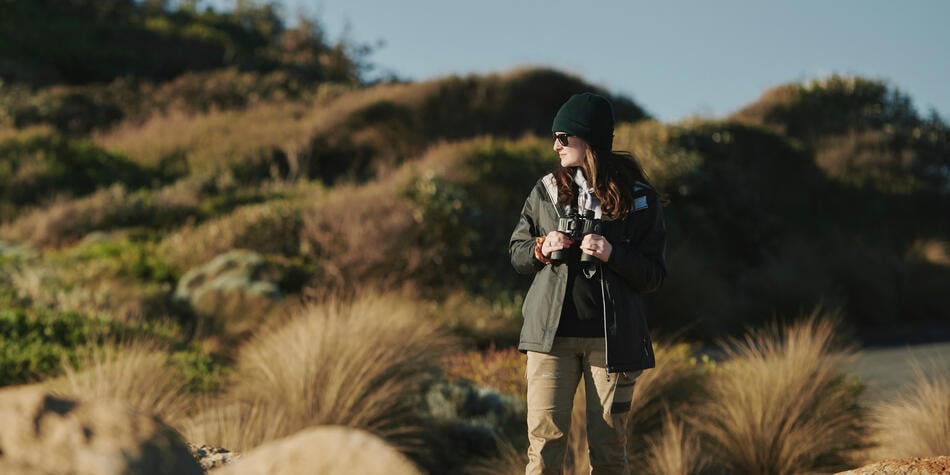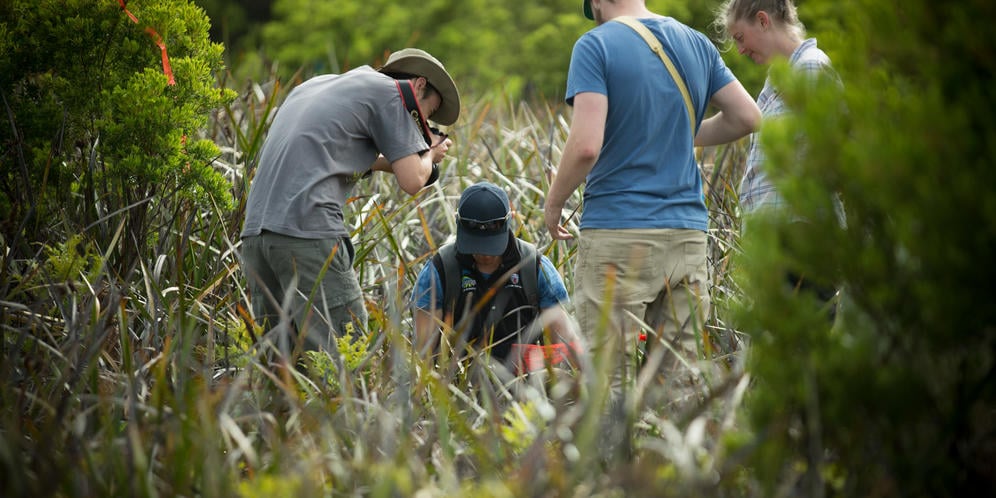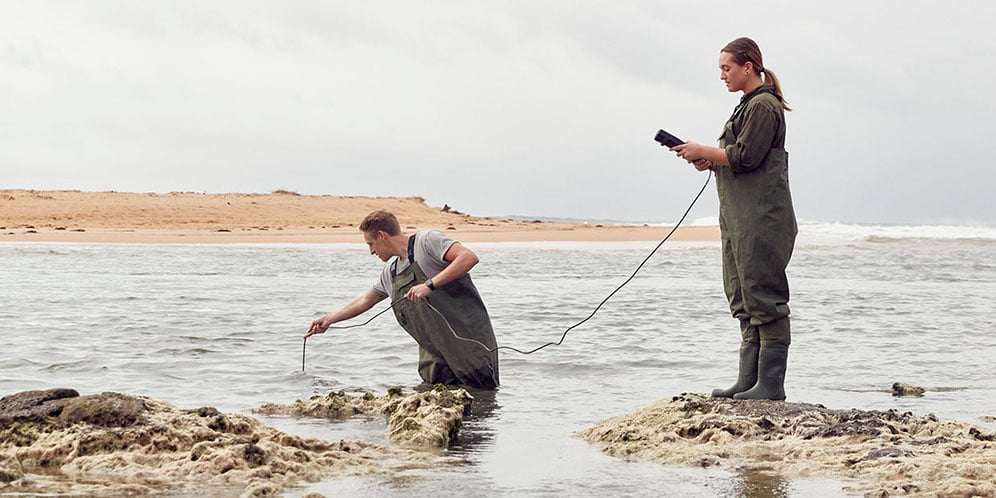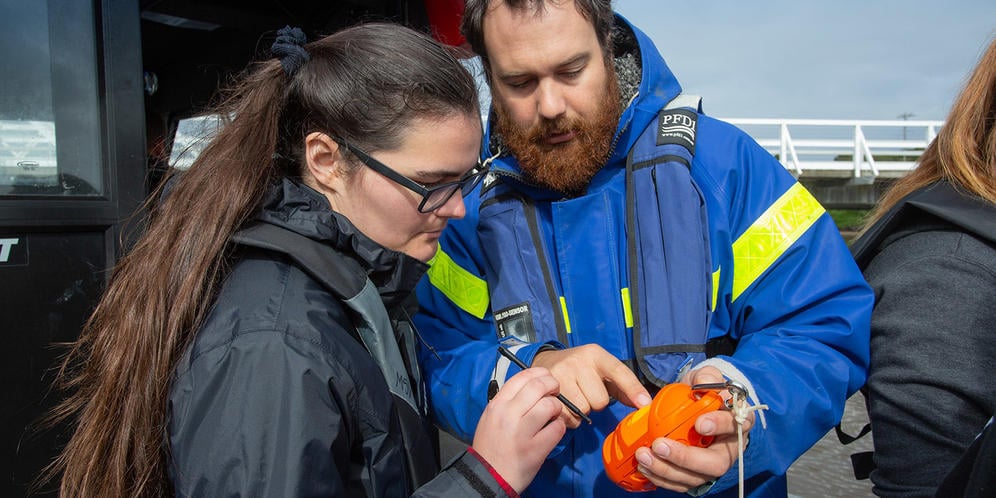Explore your study options
From day one you'll be immersed in nature, learning how to handle native animals and interpret complex ecosystems. With a Bachelor of Environmental Science (Wildlife and Conservation Biology), the first of its kind in Victoria, you’ll graduate ready to advise on the conservation of wildlife in Australia and overseas.
Undergraduate
Undergraduate (your first degree)
An undergraduate degree is generally completed between two to four years, depending on the pattern of study and any recognition of prior learning you may have. Associate degrees, bachelor and bachelor with honours are all undergraduate degrees.
Research
Higher Degrees by Research (supervised research)
Research degrees are research based master’s or PhD programs that focus on a single area of expertise. They provide students the opportunity to carry out highly specialised research under expert supervision.
Choose a wildlife and conservation biology degree that will get you work ready
With a focus on practical experience and industry connections, our wildlife and conservation biology courses will prepare you to make a positive impact on our planet.
Hands-on experience
From discovering how to identify animals and vegetation to exploring GPS navigation and learning about the impact of fires – we offer field training camps in Cape Conran, the Grampians National Park, Little Desert and Anglesea.
Strong industry connections
At Deakin, we design our courses in consultation with industry. Partnerships with high-profile organisations such as Zoos Victoria mean you'll graduate with the skills and knowledge employers are looking for.
Top professional roles in wildlife and conservation biology
Climate change mitigation and environment management technologies will be among the top drivers for job growth for the next three years, with sustainability specialists projected as being the second most in-demand field globally.*
As a graduate you'll be qualified for a career in wildlife conservation and management or environmental science. Work with wildlife – including their habitats and threats – and the policies and strategies that guide management. Your future jobs in the private, government or not-for-profit sectors could include:
- wildlife officer
- conservation officer
- wildlife manager
- park ranger
- project officer
- environmental consultant
- research scientist
- conservation biologist
- wildlife biologist
- landscape ecologist.
World leader in environmental and biological science
Deakin was awarded the highest possible rating in environmental science research and ranked above world standard for biological science research by the Australian Research Council’s State of Australian University Research report. This highlights our world-class facilities, academic reputation and research impact.
We spent six days in the Otways designing our field experiments, handling small mammals, setting up cameras and koala counting.
Cara Penton
Bachelor of Environmental Science (Wildlife and Conservation Biology)
World-class teaching experiences
Our state-of-the-art facilities, hands-on learning and overseas opportunities will allow you to stand out from your peers and ensure you graduate work ready.
Overseas study opportunities
Survey wildlife in the Peruvian Amazon or experience turtle conservation in Costa Rica. You’ll have the opportunity to undertake a Global Environment Placement or study tour to gain international conservation experience.
Volunteer within your community
Help conserve and preserve the world’s animals by volunteering in local, regional or international environmental programs, some of which may enable you to gain credit towards your degree.
Access first-class facilities
You’ll have access to state-of-the-art facilities and equipment, including a geographic information systems lab, GPS wildlife tracking technology and underwater vehicles that beam images of plants and animals from the sea floor.
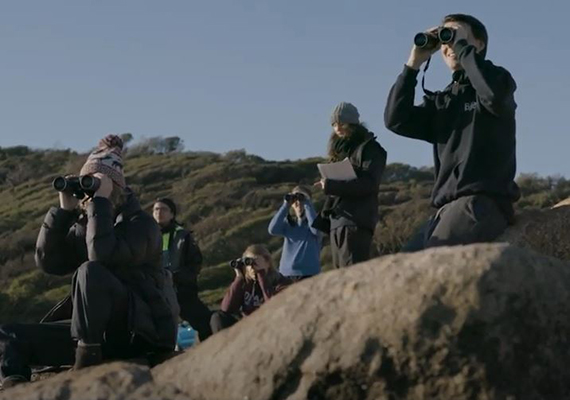
Tackle global wildlife conservation challenges
Two of our students share their unique hands-on and global experiences in the Bachelor of Environmental Science (Wildlife and Conservation Biology).
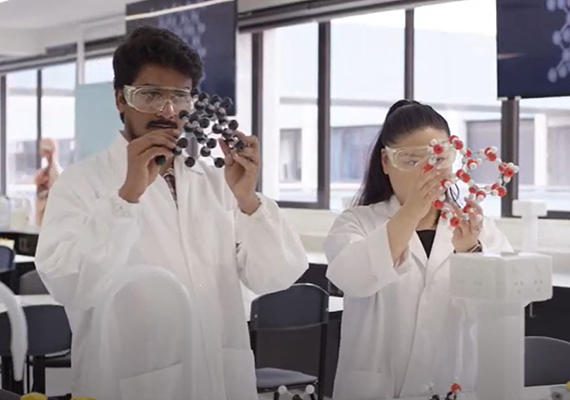
Life and environmental science facilities
Explore our modern labs and equipment at the Melbourne Burwood Campus. You'll conduct practical work in the natural reserve and creek near campus.
Footnotes
*World Economic Forum, Future of jobs Report 2023
Deakin references data from a range of government, higher education and reputable media sources. For more information, visit our list of sources.
Contact us
Got a question about our wildlife and conservation biology courses? Our course advisers are available to speak to you about your study options and how we can help you further your career.
Domestic students
1800 693 888
Enquire online
International students
+61 3 9034 6205
Enquire online

